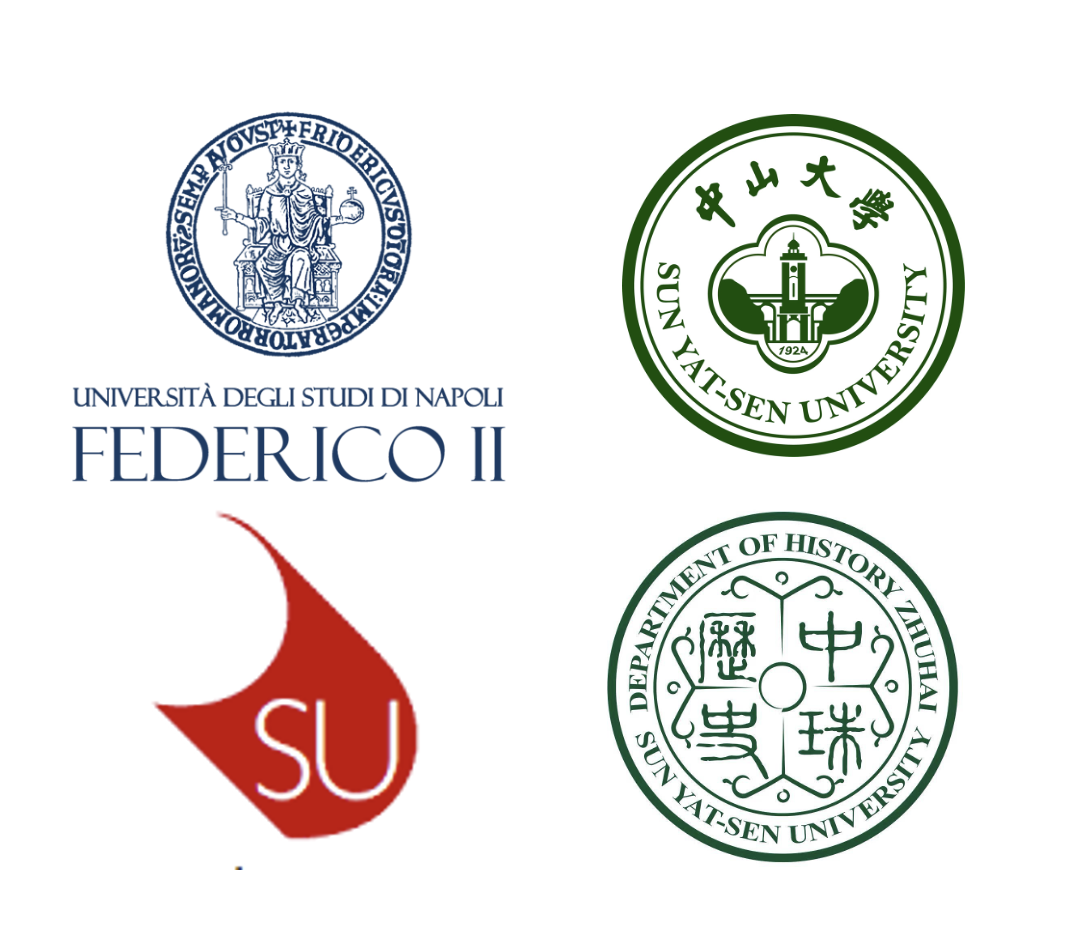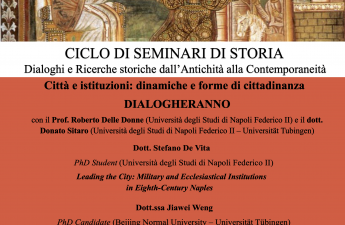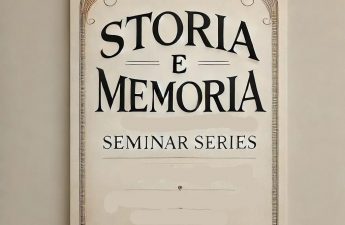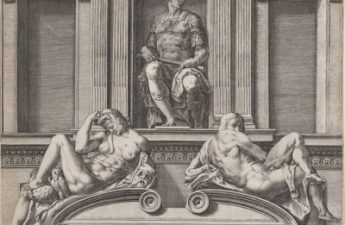The Italian-Chinese Dialogues emerge within the framework of the agreement between the University of Naples Federico II and Sun Yat-sen University in Guangzhou. They aim to foster dialogue, intellectual exchanges, and research collaborations between Italian and Chinese doctoral students in the field of humanities. These dialogues occur every month and seek to bring together diverse cultural and academic traditions, enhancing a more accurate understanding of each other’s perspectives on various historical and cultural topics.
Upcoming Seminars:
• April 16th, 12:45-14:45 CET:
Donato Sitaro (Ph.D. in Roman and Medieval History), “Teutonic brothers and aggressive aborigines”: 19th century attitudes towards the end of Roman Britain.
Yang Chen (Ph.D. in History of the UK), From Macaulay to Freeman: The Change of Whig Narrative in the Late 19th Century.
• May 21st, 12:45-14:45 CET:
Weixia Wang (Ph.D. in Roman History), Vibius Flavianus, the first governor of the Province of Byzacena, through a newly discovered legal document.
Gian Marco Chiari (Ph.D. in Roman History), Are the Christians enemies of the gods? Reality and Fiction of the Tetrarchic Persecution.
• June 11th, 12:45-14:45 CET:
Guangyu Zhang (Ph.D. student in History of Renaissance), Remarks on Chinese Views on Renaissance Italy in the 20th and 21st centuries.
Costanza Broli (Ph.D. in Arts History), Venetian colour and Florentine drawing: The eternal dichotomy of Renaissance art and artistic historiography through the pages of the Dialogo di pittura di Messer Paolo Pino.
The seminars are not intended to serve merely as a platform for academic discussion, but also as an opportunity to foster understanding and cooperation between two of the world’s oldest civilizations. They are open not only to scholars and doctoral students but also to anyone with an interest in the humanities.
The seminars are conducted online in English.
For further information and to register, one can contact Professor Roberto Delle Donne at delledon@unina.it or Professor Peter Rothenhoefer at p.rothenhoefer@yahoo.com.
We eagerly anticipate your participation in what promises to be an enlightening series of exchanges.



